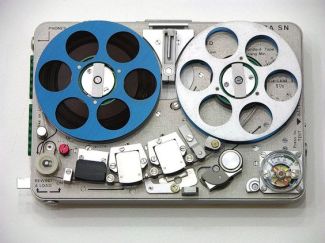Psychologist Dr. Noa Kageyama is now my favorite resource for all things related to performance issues and practice strategies. His blog, Bulletproof Musician, is loaded with interesting articles that are applicable to both musicians and athletes. Here are some important points gleaned from one of his productive practice talks.
1) Set Goals
Practice with a specific goal. Take time to plan what you would like to accomplish (i.e. figure out right hand fingerings to a movement, master a particularly hard passage from a repertoire piece, memorize 16 bars of a new piece, etc…) during your practice session.
2) Impose Time Limits

Limit the amount of time for achieving the goal/s. This is not a problem for most of us with limited hours to practice but the key is to set a time limit or to perceive that there is one. This not only boosts productivity, it will, in the long run, save you time.
3) Record Yourself
I have to admit that I’ve been told this from every single great musician I know and yet my fingers resist pressing the record button like my life depended on it. However, Dr. Kageyama suggests shifting your post-listening assessment not to how many things went wrong to turn this potentially demoralizing activity into an assessment of how long you positively remained in performance mode. So… turn off the self-assessment mode, the inner critic, the frustrated musician, the nit-picky super charged inner ear, and just play. Whether it is what you worked on in your session or whether it’s a repertoire piece that is part of your current program, flipping the switch from practice mode to performance mode is essential if you indeed want to feel like you are training to perform. Otherwise, it is a skill that remains in its infancy until too close to the performance.

4) Keep a Practice Journal
Take consistent notes during your practice sessions. Tedious? Perhaps. But, without doubt, it will lead to better practice hygiene. Goals that are trackable are attainable. Invest in a sweet journal if you aren’t inspired to write in a cheap notebook.
Hope this to helps Six String Journal readers extract more juice from their practice sessions!





